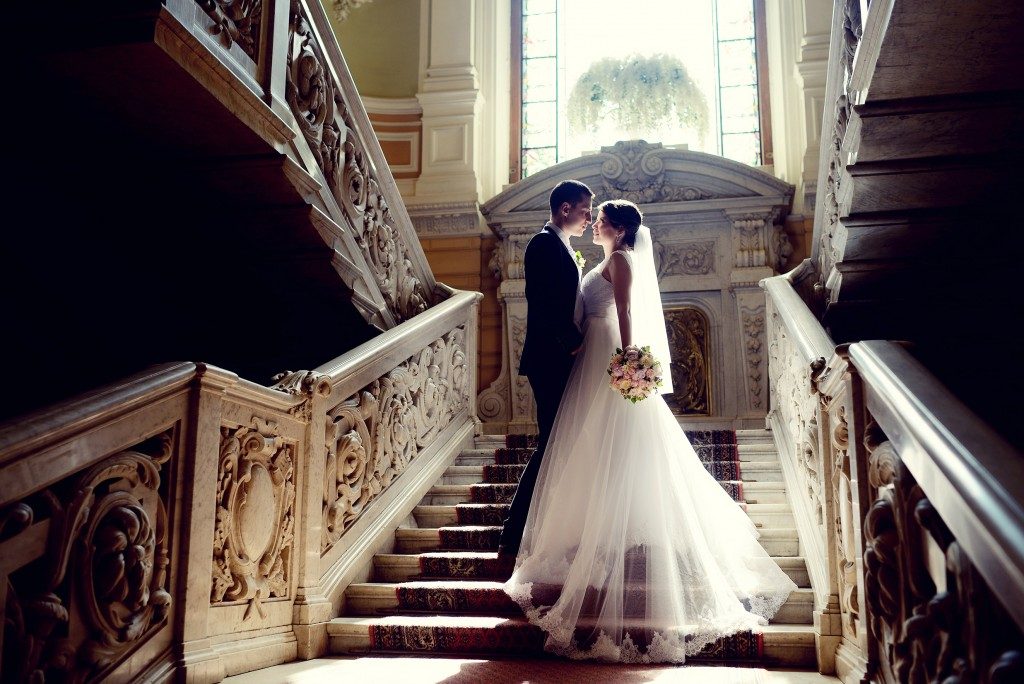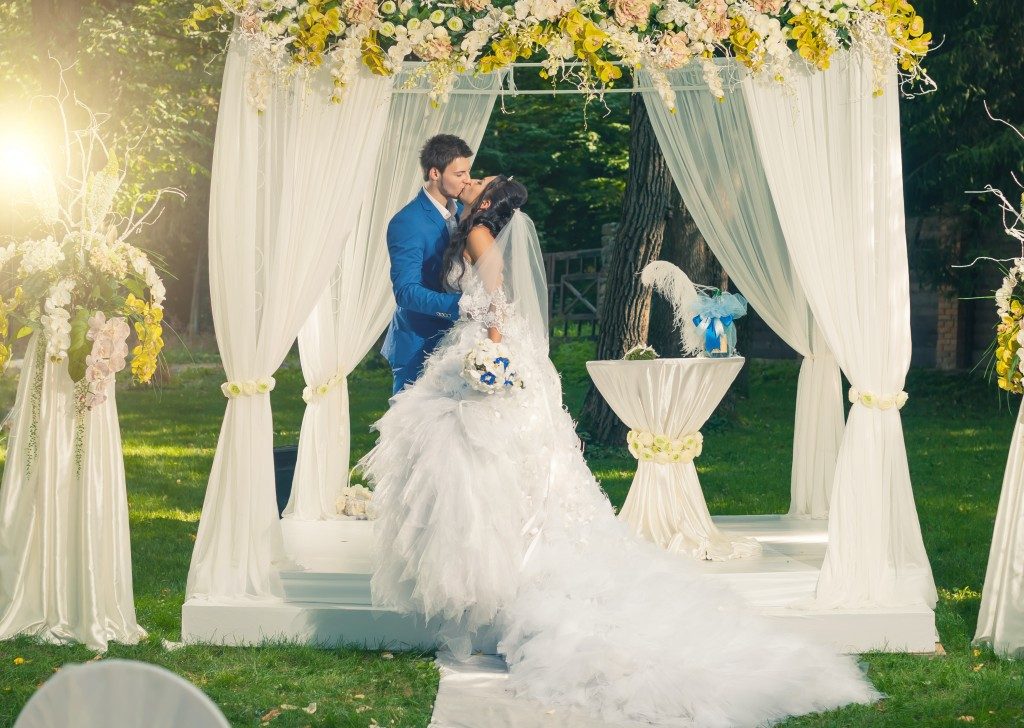Fancy a real English wedding? Just make sure you get all the details right. You can, of course, get the help of expert event-planning services in London. But it’s still helpful to know the basics:
1. Entourage

Who makes up the couple’s entourage? The bride will have her bridesmaids, although she’ll have a chief bridesmaid. She will serve as the bride’s personal assistant from the wedding planning down to the ceremony and the reception. It’s also her responsibility to organize the hen night (or the bridal shower in the United States), as well as the decorum and duties of the rest of the bridesmaids.
The bridesmaids are usually single women of marrying age, but it’s no longer unusual for brides to pick married women as well. If one of them becomes a chief bridesmaid, she is then called a matron of honor.
The groom doesn’t have “groomsmen.” Instead, he has ushers, whose job is to guide guests all throughout the wedding day, including the reception. Couples can also include flower girls and page boys, who will carry the bride’s wedding dress train and sometimes bring wedding bands.
2. Processional
In contemporary weddings in the UK (and even elsewhere), the bride walks last. In fact, this is often a dramatic moment: Once the last of the entourage has reached the altar, the door closes. The bridal song plays in the background and, in slow motion, the door opens, revealing the bride in all her glory.
In a traditional English wedding, however, the bride often matches first than the bridesmaids, pageboys, and flower girls. She can walk all by herself or take the right arm of her father while the other hand holds the bouquet.
3. Invited Guests
Your wedding, your rules, especially when it comes to who gets to experience it among your family and friends. As a couple, you can list down criteria as to who will make the cut.
Note, though, that in the UK, you can have A-listers and B-listers. The A-listers are those who can attend both the ceremony and the reception. The B-listers can be invited to the reception only or to a separate party after the wedding.
Wedding experts suggest being specific with some details in your wedding invitations. For example, you can tell parents not to bring their kids during the wedding or not everyone can have plus-ones.
To give yourself a better headcount on the number of attendees, send your wedding invitations at least four months before the wedding date. This will give enough time for the guests to confirm their attendance.
4. Marriage Banns

A traditional English wedding usually happens in a church, and if you plan to do it, then you need to secure marriage banns. These are announcements made by the church to different parishes about your upcoming marriage. The purpose is to give parties concerned sufficient time to object to the union (if there’s a need to do so). The church announces the banns for three straight Sundays at least three months before your wedding date.
Traditional English weddings are not only charming but are also elegant and timeless. These types of information should further make them more memorable for you.

